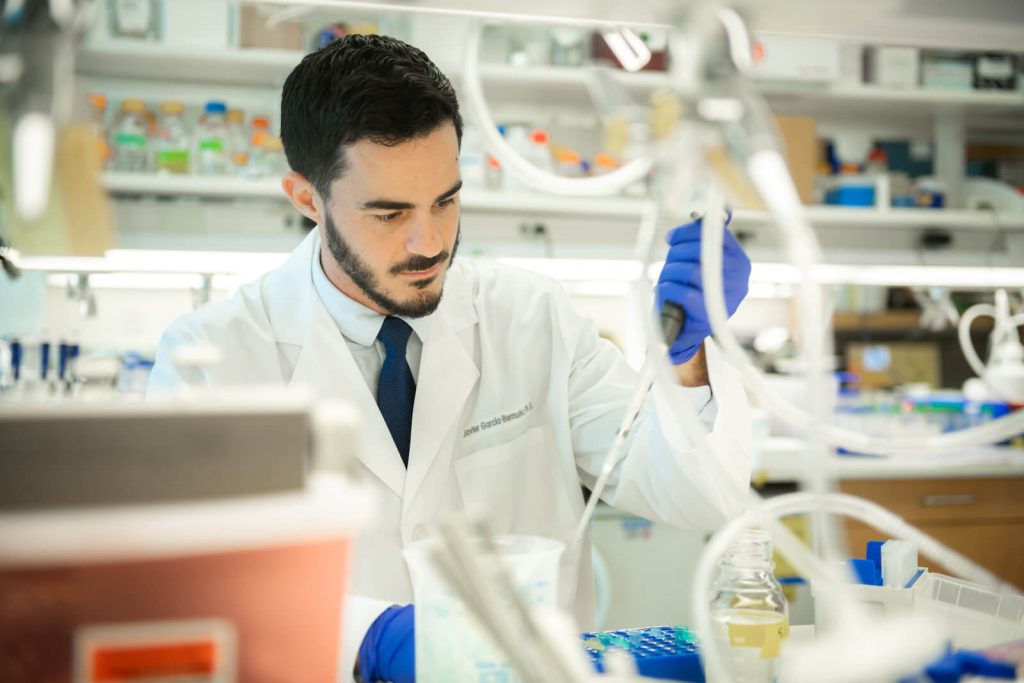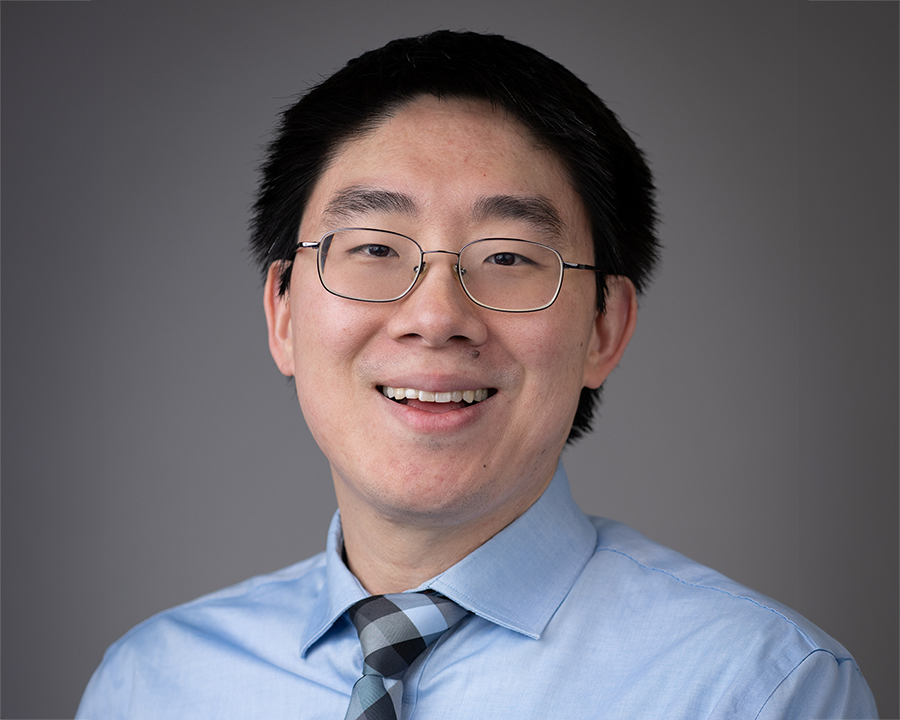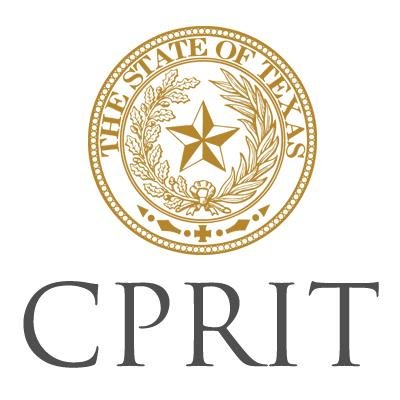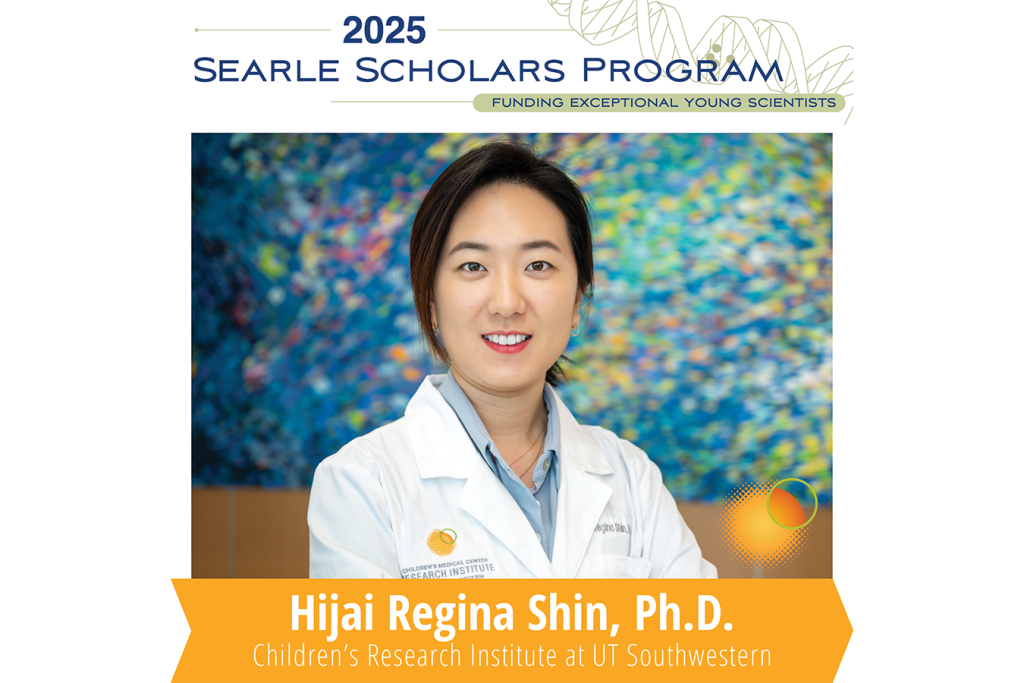CRI recently recruited Javier Garcia-Bermudez, Ph.D., to become the Institute’s newest faculty member and principal investigator. He earned his bachelor’s and Ph.D. degrees from the Autonomous University of Madrid in Spain. In 2016, Dr. Garcia-Bermudez joined Kivanc Birsoy’s lab at The Rockefeller University as a European Molecular Biology Organization Long-Term Fellow and a Leukemia and Lymphoma Society Special Fellow. At CRI, the Garcia-Bermudez Lab studies the role of metabolic adaptive mechanisms in cancer progression. Recently, Dr. Garcia-Bermudez shared his thoughts on joining CRI and the goals he hopes to achieve through his research.
Why did you decide to join CRI?
I chose CRI for three major reasons.
First, there is no better place to study cancer metabolism. Not only are the senior faculty here doing impactful science to benefit cancer patients, but the junior faculty they’ve recruited over the last few years are on their way to being superstars in this field. Being among this fantastic group of faculty, postdocs, and graduate students is not only an honor but will also help advance my research and knowledge.
The second reason I came is because CRI is a collaborative environment. I chose to launch my career here, knowing that my expertise will benefit from and complement CRI’s existing capabilities. Third is the unique blend of basic science research combined with the focus on finding new cures for cancer patients that CRI and UT Southwestern provide. I am a basic scientist trying to answer one fundamental question: How do cancer cells overcome the stresses of the environment? The philosophy of CRI and its research focus fits perfectly with my goals.
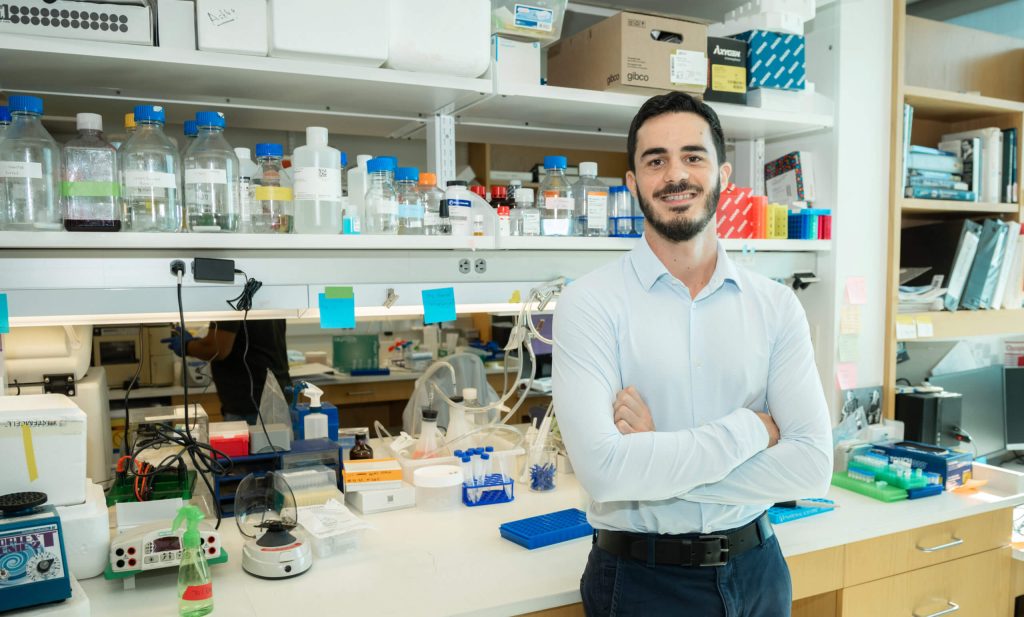
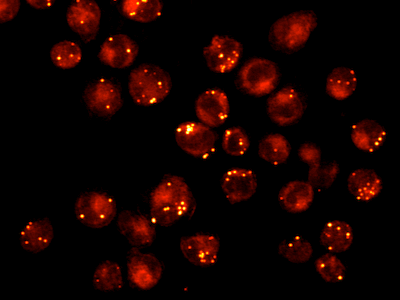
What are you researching?
Tumors experience oxidative stress during all stages of cancer progression because of their high proliferation and metabolic rates. For some time, scientists and physicians had the idea that cellular oxidative stress promotes cancer – and that supplementing antioxidants in the diet may assist in the prevention and treatment of the disease. Over the last few years, however, more evidence has shown that tumors with a strong antioxidant system are harder to treat and more efficient at colonizing distant organs.
One major focus of my lab is to identify uncharacterized antioxidant pathways of cancer cells that counteract this type of stress and promote cancer progression. Our goal is to dissect the molecular underpinnings of these pathways and target them in cancer models. I believe that our research will provide an unprecedented understanding of the adaptation of tumors to oxidative stress, giving us the opportunity to examine its relevance to therapeutic outcomes in cancer.
What led to your career in science?
I have always been drawn to the unknown. As a kid, I grew up obsessed with outer space and science fiction. Training as a scientist was the obvious path. Becoming one, however, did not come until much later. In my second year of grad school, after struggling with one assay for several months, I finally figured it out. It led me to my first true discovery. I remember having an epiphany moment – knowing something no one else knew at that exact moment. It’s stayed with me since then.
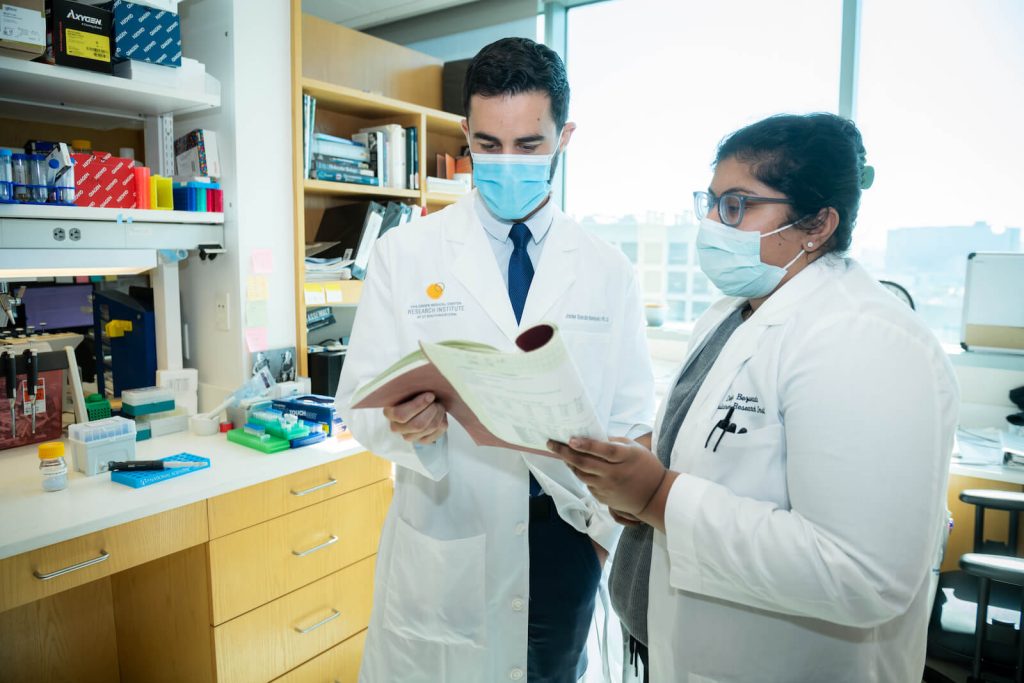
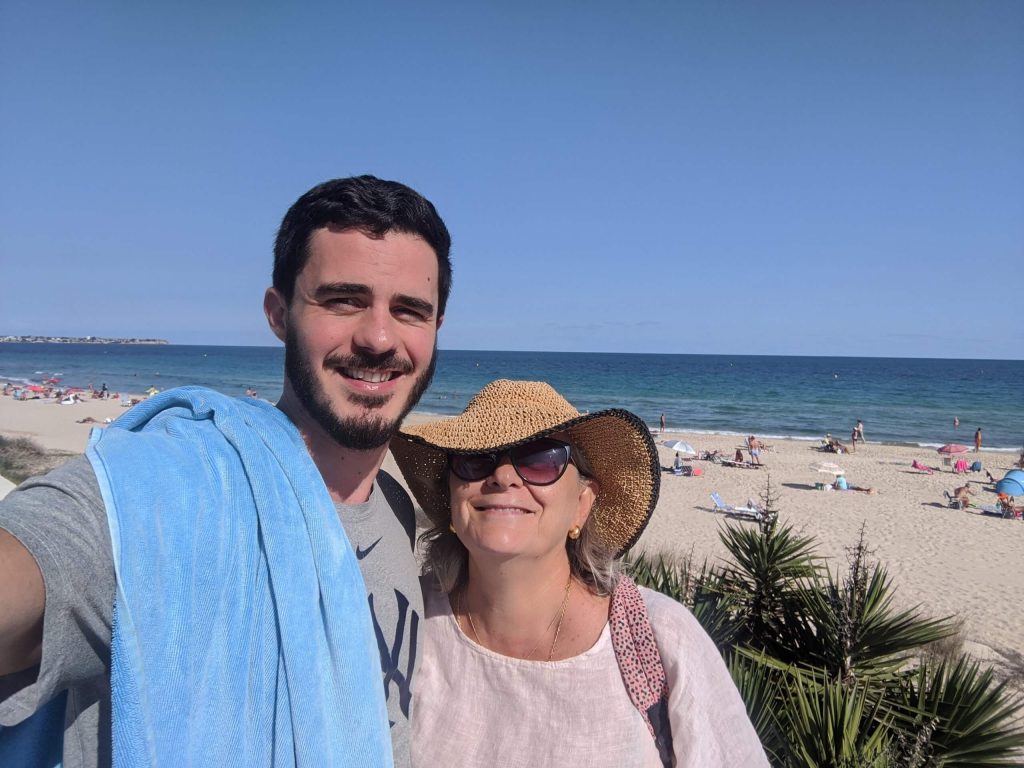
What lessons have you learned along the way?
Be a bit crazy. Take the luxury of testing provocative hypotheses once in a while – failing is a good outcome too. It will get you used to out-of-the-box thinking. Being resilient and passionate is a must, but knowing when to take a break will push your ideas forward. When I am stuck in a nonproductive phase, or I am running out of ideas, I like to go to the ocean or the top of a mountain to come back stronger than ever.
Finally, do not change your research interests based on trends, but rather read the essential literature and follow the big question you feel passionate about.
What would you be if you were not a scientist?
Growing up, I wanted to have a creative job, such as a writer, musician, or game programmer. Unfortunately, I did not have much talent for any of those! Luckily, science allows me to explore my creative side while seeking solutions that may help patients in the near future.
